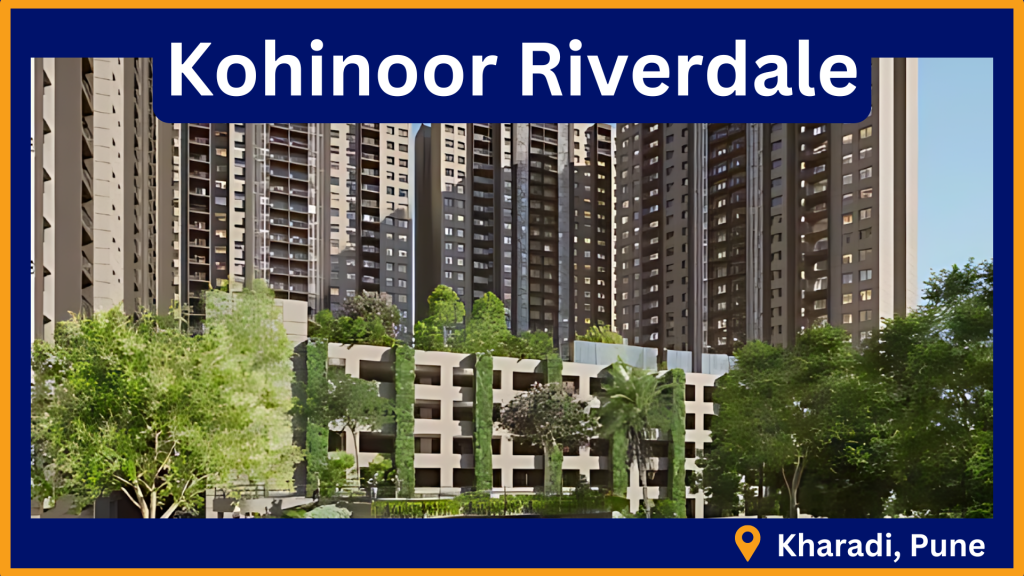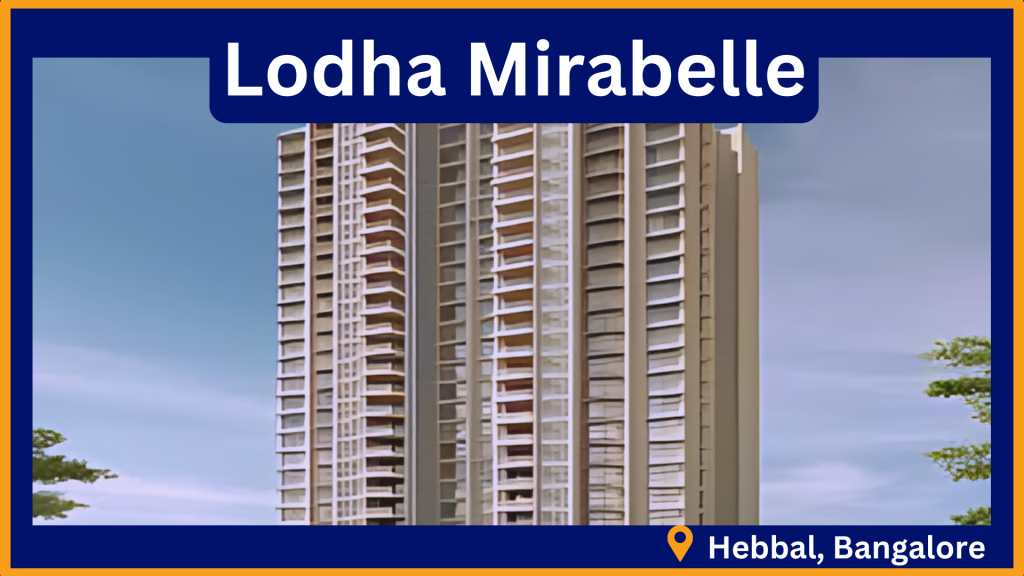Property transfer charges play a significant role in real estate transactions. Whether you are buying or selling a property, it is crucial to comprehend these charges to make informed decisions.
This article aims to provide a comprehensive understanding of property transfer charges, their types, associated costs, and strategies to minimize them.
By gaining insights into this aspect, you can navigate the property transfer process more effectively and ensure a smoother transaction. NRI guide simplifies property transfer charges in India for both buyers and sellers including NRIs. It explains the costs and how to navigate the process smoothly.
By gaining insights into this aspect, you can navigate the property transfer process more effectively and ensure a smoother transaction.Let out properties offer you offer you to make smoother transactions between individual or business entities. Which offers rental property on lease or rent but there are some things which you should know.
What is property transfer?
In simple words when a person wants to transfer his property to another person by following the guidelines provided by the government it is called Property transfer. Property transfer charges are different from state to state.
Nowadays Buying a new property is easier than registering that property.
A share certificate is your golden ticket for any future sale or transfer of another housing unit. Any potential buyer or transferee will want to see share certificate as proof of your ownership.
So, let’s say you’re buying a property in Delhi. You’ll want to ask the seller for their share certificate to make sure the ownership can smoothly transition into your name.
Source – damore-law.com
What are property transfer charges state-wise in India?
Property transfer Charges are mandatory for every citizen who wants to transfer his/her property. Charges of property transfer vary from state to state. Charges under the Transfer of Property Act 1882 define Real estate as broadly classified into 2 categories Movable property and Immovable property. As per the Indian government whoever wants to transfer his immovable property is chargeable for property transfer. Sometimes in some cases the tds tax are also applicable on some properties.
The price of the property is influenced by its location, and stamp duty and registration fees will have a direct impact on your decision to live and work in the greatest areas.
Stamp Duty and Registration Charges in India
Two significant expenses will be added to your costs after the purchase of the property: stamp duty and one-time registration fees. The seller will be responsible for paying the NOC certificate fees for the property, which is an additional modest cost. The rates will remain the same throughout India. In accordance with Indian Stamp Duty Act, 1899, Section 3. The amount that a builder quotes you is not the total.
States/City | Stamp Duty Rates | Registration Charges |
Andhra Pradesh | 6% on the market value of property | 0.1% To 0.5% |
Arunachal Pradesh | 6% | 1% |
Assam | For Male is 6% For Females is 5% | For male and female (More than 5 lakh is 8.5%) |
Bihar | For Females is 5.7% For Male is 6.3% For Other cases - 6% | 2% |
Chhattisgarh | For Male is 5% For Females is 4% For Joint ownership is 4% | 4% |
Goa | Rs 0 To Rs 50 lakh is 3% Rs 51 lakh to Rs 75 lakh is 4% Rs 76 lakh To Rs 1 crore is 4.5% More than Rs 1 crore is 5% | Rs 0 To Rs 75 lakh is 3% Rs 76 To Rs 1 crore is 3.5% More than Rs 1 crore is 3.5% |
Gujarat | 4.90% | 1% (0 charges for females) |
Haryana | Urban Area- 7% for male 5% for female 6% for Joint ownership Rural Area- 5% for male 3% for female 4% for Joint ownership | Rs 0 to Rs 50000 is Rs 100 Rs 50,001 to Rs 5 lakh is Rs 1000 Rs 5 lakh to Rs 10 lakh is Rs 5000 Rs 10 lakh to Rs 20 lakh is Rs 10000 Rs 20 lakh to Rs 25 lakh is Rs 12500 Rs 25 lakh is Rs 15000 Rs 25 lakh to Rs 40 lakh is Rs 20000 |
Himachal Pradesh | For Male is 6% For Females is 4% For Joint ownership is 5% | For Male is 2% or Rs 25000 whichever is higher For Females is 2% or Rs 15000 whichever is higher For Joint ownership, 2% or Rs 15000 whichever is higher |
Jammu and Kashmir | Male - 7% Female - 3% Male + Male - 7% Male + Female - 7% Female + Female - 5% | 1.20% |
West Bengal | Urban Area- Less than Rs 1 crore is 4% More than Rs 1 crore is 5% Rural Area- Less than Rs 1 crore is 3% More than Rs 1 crore is 4% Total 7% to 8% | 1% |
Uttarakhand | Male - 5% Female - 3.75% Male + Male - 5% Male + Female - 4.37% Female + Female - 3.75% | 1% of total property value |
Uttar Pradesh | Male - 7% Female - 6% Male + Male - 7% Male + Female - 6.5% Female + Female - 6% | 1% |
Tripura | 5% | |
Telangana | 5% | 1% of total property value |
Tamil Nadu | 7% | 1% of total property value |
Sikkim | For Sikkimese origin is 5% For Others is 10% | |
Rajasthan | For Male is 6% For Females is 5% | 1% |
Punjab | Male - 4.7% Females - 2.75% Male + Female - 3.75% | 1% |
Jharkhand | 4% | 3% |
Karnataka | Rs 0 To Rs 20 lakh - 2% Rs 21 To Rs 45 lakh - 3% More than Rs 45 lakh - 5% | 1% |
Kerala | 8% | 1% of total property value |
Madhya Pradesh | 7.50% | 3% |
Maharashtra | Urban- 6% Suburban- 5% Rural- 4% | 1% for Less than 30 lakh Rs 30000 for more than 30 lakh |
Manipur | 7% | 3% |
Meghalaya | 9.90% | |
Mizoram | 9% | |
Nagaland | 8.25% | |
Odisha | For Male is 5% For Females is 4% | 2% |
Bangalore | 2% to 5% | 1% of property value |
Delhi | 4% to 6% | 1% of deal value |
Mumbai | 3% to 6% | 1% of property value |
Chennai | 1% to 7% | 1% to 4% of property value |
Kolkata | 5% to 7% | 1% of total property value |
Factors that affect your stamp duty Charges?
Various factors affect stamp duty charges and they differ from state to state, person to person, gender to gender, etc. In a few states where the stamp duty rate is low for females such as Assam, Bihar, Haryana, Punjab, and many more. The commercial property stamp rate is high compared to residential property.
Age of the owner
The charges of the stamp duty depend upon the age of the person, and on whose name the property is being transferred. In case the buyer is a senior citizen so there is an advantage for the buyer for paying less stamp duty compared to others. Charges may differ from state to state.
Gender of the Owner
The charges of the stamp duty depend upon the gender of the person. Just like a senior citizen If the property is registered in the name of a woman and she wishes to transfer her property to anyone she will get some amount of concession. This facility does not apply to all Indian citizens. States like Maharashtra, Bihar, Jharkhand, and Kerala. The charges are the same for men and women.
Age of the Property
The charges of the stamp duty depend upon the age of the property. If the buyer is purchasing old property, there are chances of less stamp duty and vice versa.
Location of the property
The location of the property plays a vital role in the charge of stamp duty. If you are a citizen of an urban area like Mumbai, Kolkata, or Bangalore, the stamp duty is higher as compared to rural areas. But when you are looking for the best return on your investments, then you must ignore the stamp duty charges and you can go for the Smart Cities to invest your precious money.
Type of property
Stamp duty depends upon the type of property you are planning to buy like a flat, land, villa, and independent house. Charges may differ for each property.
Usage of property
It depends upon the usage of the property. Either is purchased for residential purposes or commercial purposes. Charges are always higher for commercial properties as compared to residential properties.
Project amenities
If you purchase a property that offers exclusive amenities like a clubhouse, transport facility, swimming pool, gym, community hall, garden, etc stamp duty charges are high for this type of property.
If you want to buy the property and you need guidance from an expert regarding the buying process like stamp duty, registration charge, or other aspects, contact PropertyCloud expert, and get valuable guidance from experienced experts.
How stamp duty is calculated
The charges of stamp duty are calculated based on the ready reckoner rate of the property and the rate of property as per the agreement. The other word for ready reckoner rate is circle rate. For example- If the value of the property mentioned in the agreement is Rs 90 lakh and the ready reckoner rate is Rs 1 Cr . the stamp duty of the property will be calculated on the higher amount (Rs 1 Cr ).
Document required for the payment of stamp duty
According to the type of property, you are required to submit various documents at the time of registration. Here is a list of a document mentioned below, which will help you to submit the document at the time of registration of the new property.
- The original sale deed of the flat
- No-objection certificate (NOC) of the society
- Government-authorized ID Card
- PAN Card
- Khata certificate
- If the property is under construction, a sanctioned plan, possession letter, and agreement copy between the builder and buyer.
- If your property loan is due or not cleared, submit your latest bank statement.
The procedure of property transfer
The procedure of property transfer typically involves a series of steps and legal processes to ensure the lawful and documented transfer of ownership from one party to another. While the exact procedure can vary depending on the jurisdiction and specific circumstances, I can provide you with a general overview of the typical steps involved in a property transfer:
Sale deed
Whenever a person is transferring his/her property to one or more persons in the present or future is known as transferring a property. Sale deeds occur only when the property owner is not well, retired, bankrupt, and more. It includes the details of the buyer and seller, rights of the buyer, address of the property, Total area of the property, etc.
Gift deed
Whenever a person voluntarily gifts his/her property to any other person then it’s called a gift deed. In this type of property transfer, there is less chance of any dispute.
Relinquishment deed.
It happens only when the owner of the property expires, and the co-owner wants to transfer his property to another co-owner. This type of deed must be registered in court for legal purposes
Will deed
If the owner of the property makes a will deed that, after the death of the owner to whom the property will be distributed. and mention all details in a deed. To avoid the dispute in the future between the heirs.
A Settlement deed
It is a legal contract between family members only, specifying that if in the future there is any disagreement between them. then they all should follow the same terms and conditions mentioned in the agreement. It includes only close family members who are a part of the property distribution.
If you want guidance related to loans, with the best interest rate, contact PropertyCloud loan experts and get the best loan at the best interest rate.
Now you can clear your stamp duty & Registration Fee in an easy way
Nowadays purchasing a new property is easier than registering for a new property. So here we cover all charges of stamp duty and registration in India. These charges differ from state to state. Many factors affect these charges.
We can assume the maximum registration charge is 4% and maximum stamp duty charges are between 5% To 10%. Now whenever you buy a Flat in the Smart City or Satellite Cities you can smoothly complete this registration process.
If you want to understand the legality of purchasing homes, and the steps involved in the buying process, contact PropertyCloud and get expert advice who has the best knowledge with great experience

I am an SEO executive at PropertyCloud. But along with this, I am also interested in content writing. I want to help readers to get some more clarity about Real Estate.










